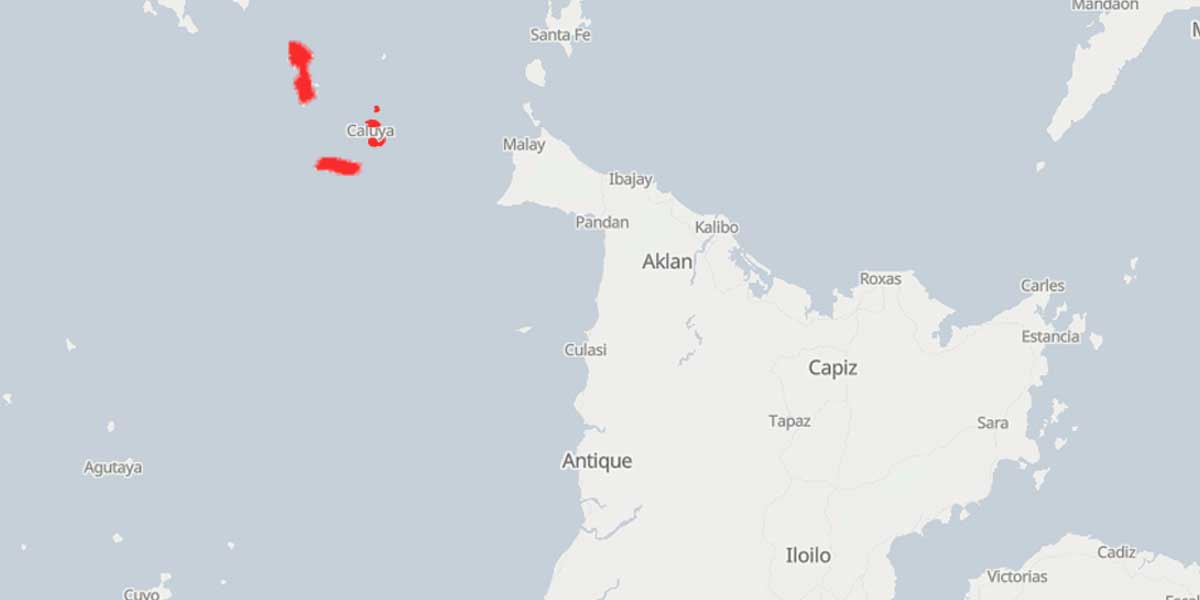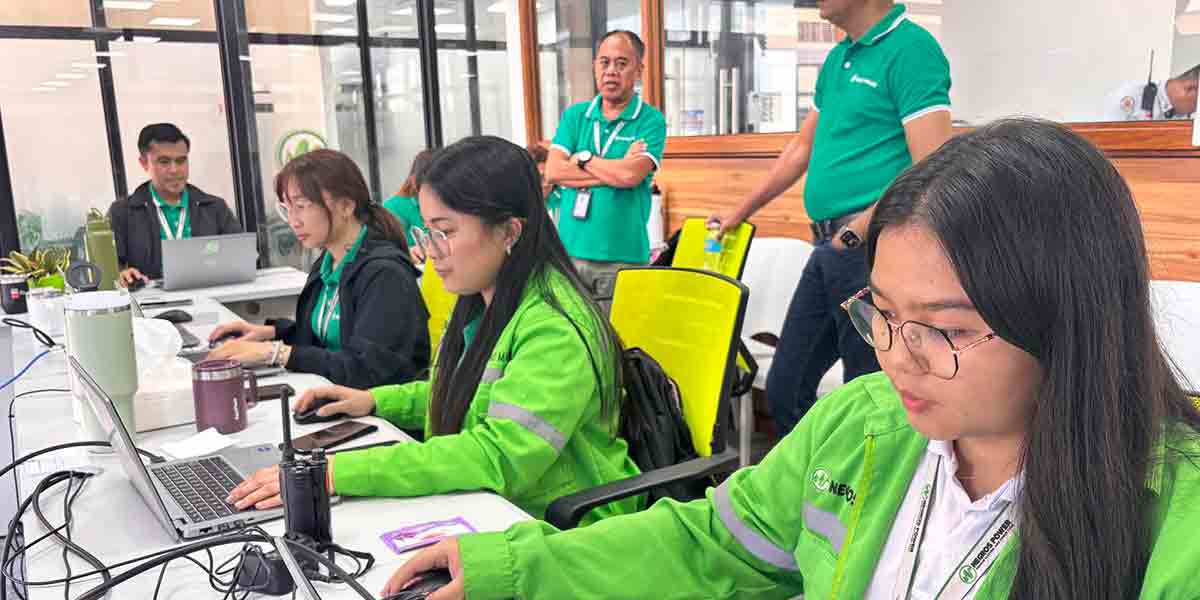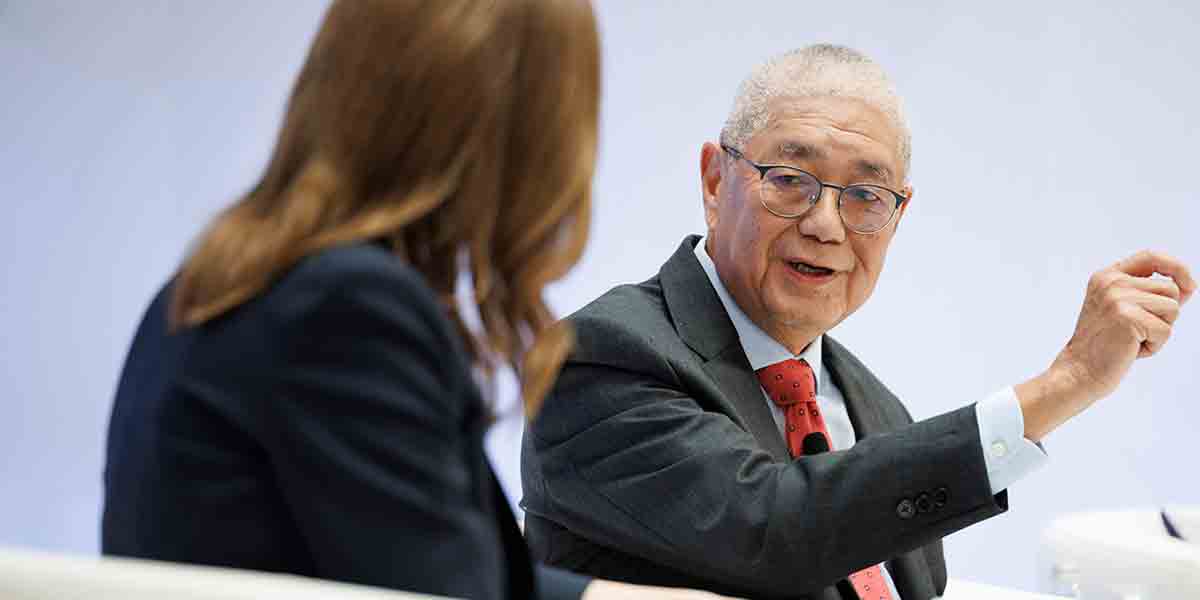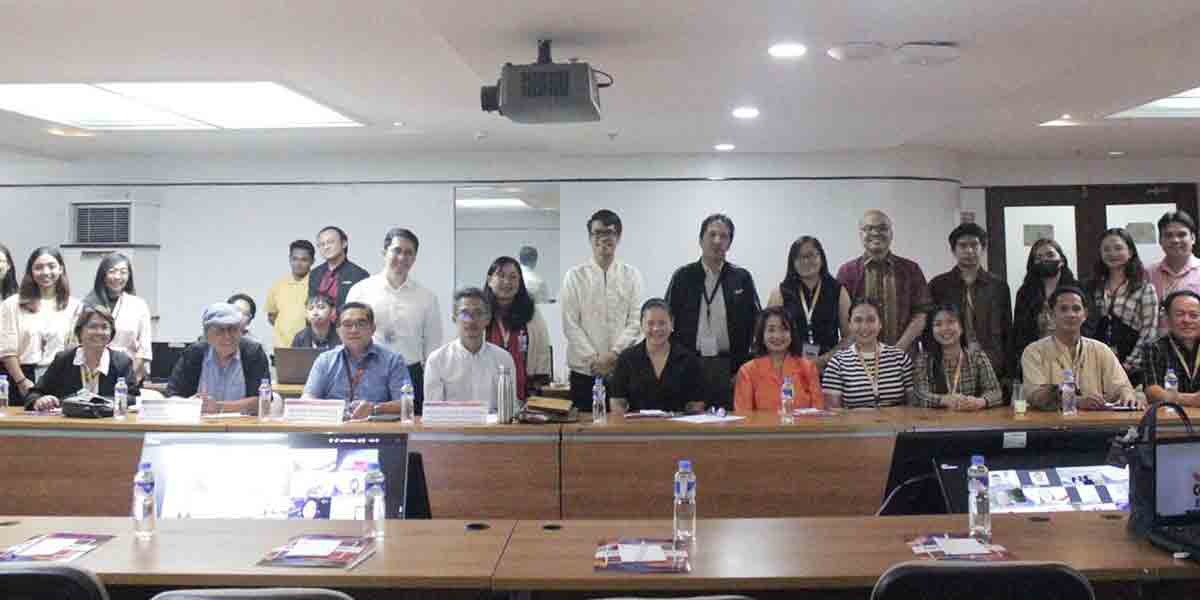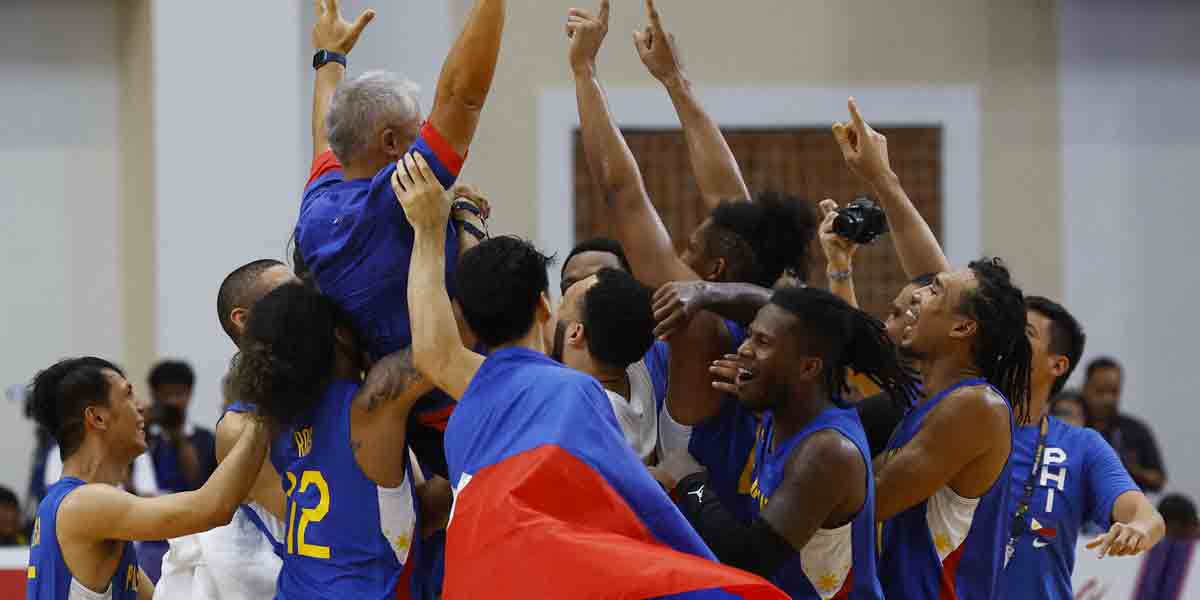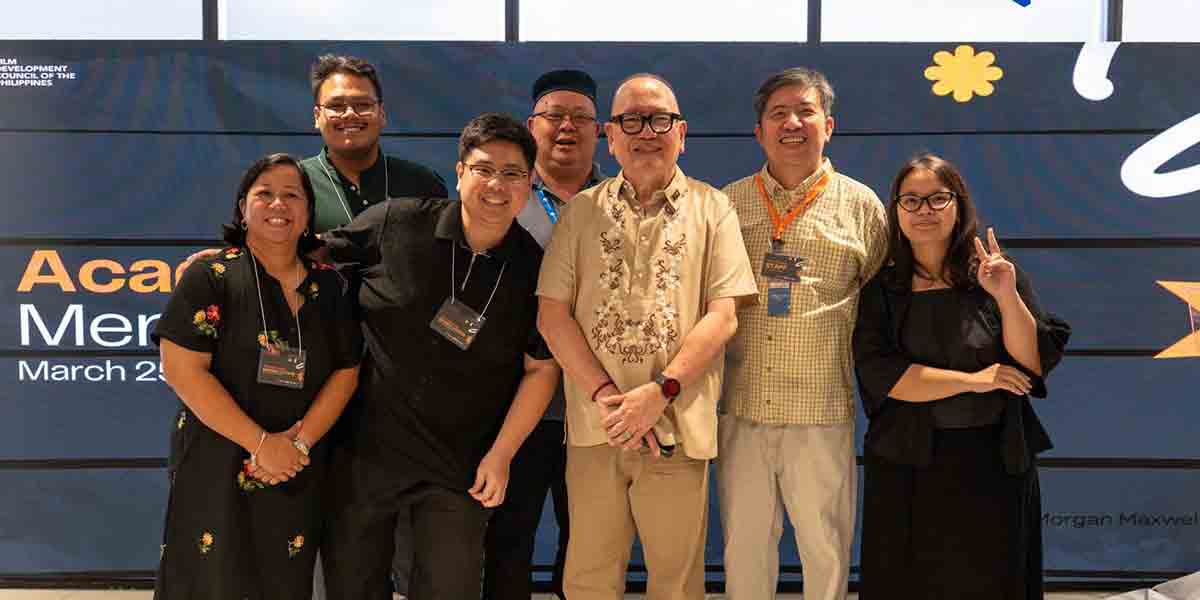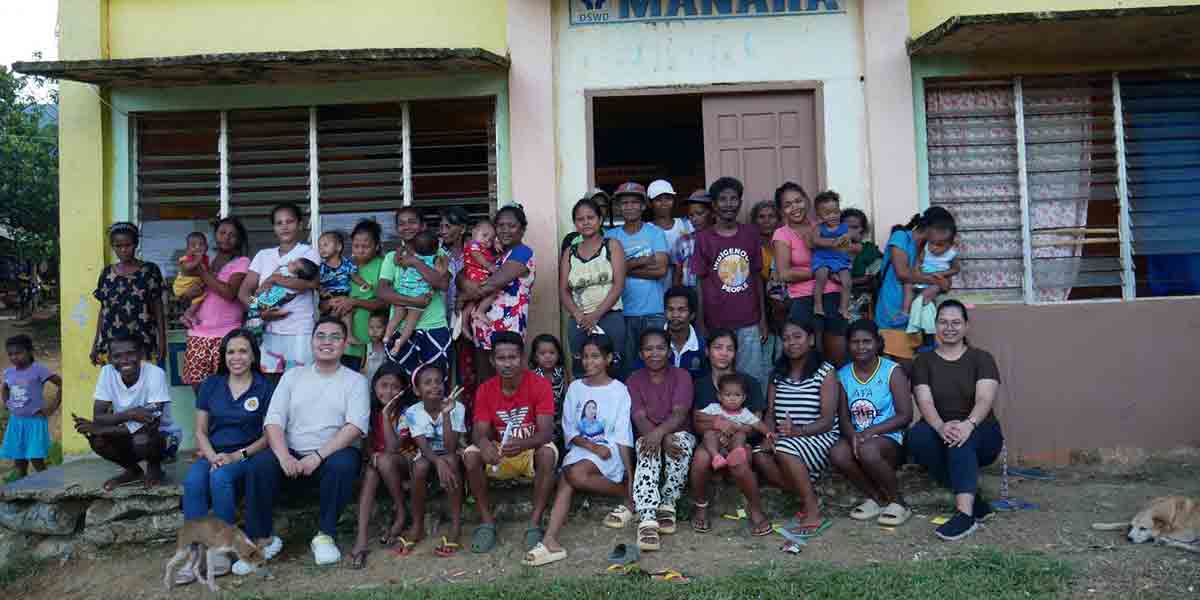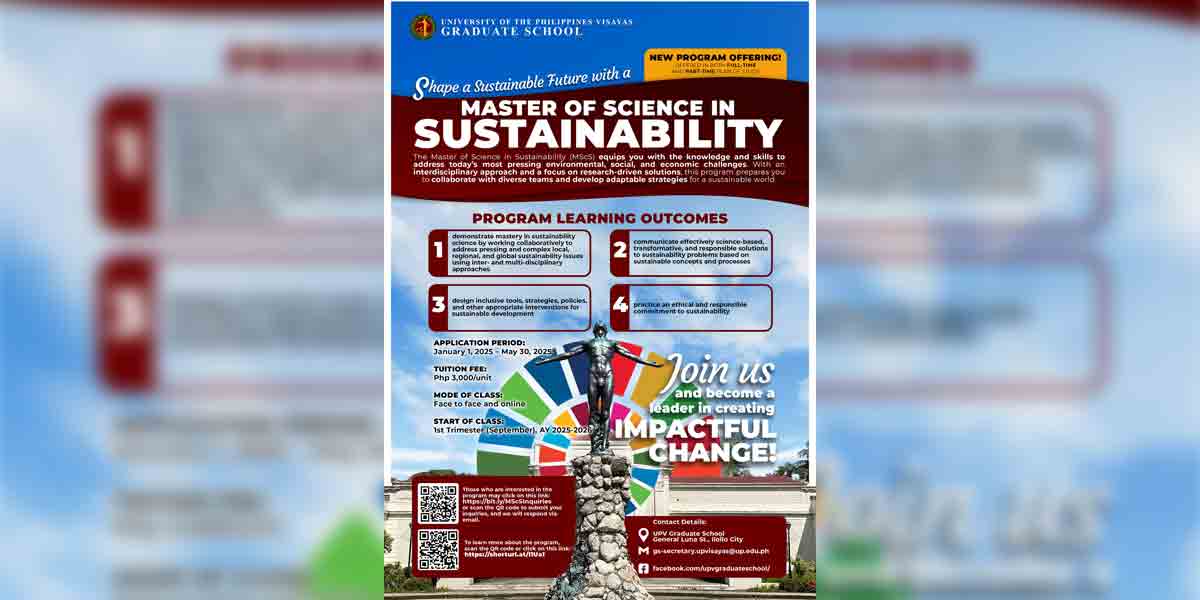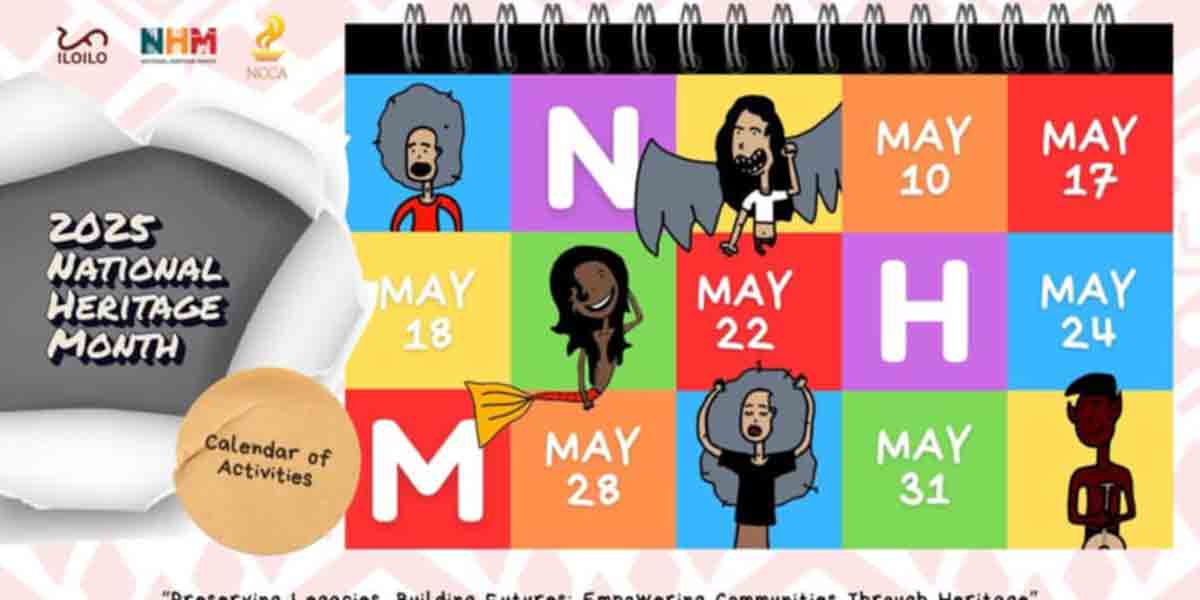 By Engr. Edgar Mana-ay
By Engr. Edgar Mana-ay
There are also advantages that we are the laggard and a slowpoke in getting the vaccine, for we can observe and learn from what is actually happening in other countries whose vaccination drive is in full swing.
As it is now, surveys shows that less than half of Filipinos are willing to be vaccinated which is a troubled sign of not achieving herd immunity. Observation and increase knowledge on how other countries are faring on their vaccination should encourage the other half of Filipinos to be vaccinated. Look at Israel who have vaccinated more than a third of its populace.
With a population of about 12 million, Israel has already administered its second dose to almost 5 million inhabitants as of February 18. Since they have started their massive inoculation more than a month ago mostly using the Pfizer vaccine, they are also conducting a parallel research on the various effects of vaccination to their populace which will be useful to us who have not yet started.
The Maccabi Health Care in Israel is monitoring 416,900 individuals a week after they received their second Pfizer shot. 254 individuals or 0.061% got infected with the virus BUT those found positive had only light symptoms with just four of them being hospitalized, all of them in light condition. Immunity is supposed to kick in a week AFTER the 2nd dose, the organization also reported.
Over the same period of time, some 12,944 new cases of Covid-19 emerged in the control group of some 778,000 people having a diverse health profile and this is 1.6%. A comparison between the data from the two groups shows that the vaccine is 91% effective seven days or more after the 2nd dose is administered. This will GUIDE US IN NOT BLAMING THE GOVERNMENT OR ANYBODY IF STATISTICALLY WE WILL BELONG TO 0.5% to 1% GROUP THAT WILL STILL GET INFECTED BY COVID-19 (ALTHOUGH MILD) AFTER WE HAVE BEEN VACCINATED basing on the result of the study in Israel. Again, there is no such thing as a perfect vaccine.
From a segmentation of the infection that did occur, it appears that immunity increases as the days go by. Among the 254 people who contracted the virus, 76 of them were infected after 7 days, 44 on the 8th day and 24 on the 9th day. Between Day 22 and 24 – when the test period ended, NO ONE WAS INFECTED. According to studies conducted by Pfizer, their vaccine had an efficacy of about 95% which is considered very high.
With some 2.5 million members, Maccabi is the second largest health fund system in Israel. About 900,000 of its customers have already received the first shot and about 500,000 the 2nd shot. Dr. Anat Aka Zohar, head of Maccabi’s Information and Digital Health Division said that the data they are gathering after vaccination is very encouraging and showed that the effectiveness of the vaccine is high and stable. Findings clearly indicate that as the days go by after the 2nd dose, immunity becomes stronger. She also emphasized that the vaccine does not only protect against infection but also against developing more severe symptoms.
In another report by Maayan Jaffe-Hoffman in the Jerusalem Post, it said that people previously infected with coronavirus had a strong immune response after receiving only ONE dose of the Pfizer vaccine, opening the debate as to whether ONE dose may provide enough protection for the group studied. It also shows that not having detectable antibodies after recovering from the virus does not necessarily mean that protection is lost.
The study conducted by Bar-Ilan University and Ziv Medical Center was published in the journal Eurosurveillance. It showed that 17 Ziv staff members were infected by coronavirus anytime between one and ten months prior to vaccination developed or showed increased antibodies against the virus before. In total, 514 Ziv staff members participated in the study, though the majority of them had not been diagnosed with the virus. Antibody levels of all participants were measured before and after vaccination.
“These findings can help countries make informed decision regarding vaccine policy,” said Professor Michael Edelstein of the Azrieli Faculty of Medicine at Bae-llan, who led the study. He also said that it opens the debate as to whether one vaccine will suffice – at least for the 108 million people worldwide who were previously infected and survived.
In countries where they don’t have enough vaccines, these will be very important questions – which those previously infected and healed needs only one shot (but this is a very small number, only 0.5% of the populace in the Philippines). Edelstein however stressed that he is not advocating one dose for people who never had coronavirus.
The United Kingdom has been working to inoculate everyone over 70 as well as front line health workers with at least one dose of the Pfizer vaccine by sometime this month. Britain also choose to stretch out the time between vaccine doses from the 21 days recommended by Pfizer to up to 12 weeks or 84 days with the goal of giving at least one dose to more people quickly. Edelstein said that Britain is also not advocating for only one dose, but for delaying the second dose.
We can adopt this strategy in the Philippines if we have a shortage of vaccine. One shot each at first so that many will be vaccinated as the 2nd dose may be taken up to three months later.
Most vaccines work by “showing” a copy of the virus to the immune system, allowing antibodies to develop. The 2nd dose introduces an antigen that is designed to provoke a large response by virus-fighting antibodies, which rush to protect the body and create phalanxes of copies ready to do battle should the real SARS-CoV-2 show up. People who have already been infected have these virus-fighting antibodies once they recover, but testing has shown that the antibodies eventually fade, leading to fears of re-infection, hence the need for the vaccine.
Researchers at Ziv Medical Center found that a small sample of recovered patients who were given a 1st dose of a coronavirus vaccine had the full-scale immune response that most people only have upon receiving a 2nd dose. Their bodies produced so many antibodies after the 1st shot, that within 21 Days- until just before the 2nd shot is administered, their average antibody levels stood 10 times those of other vaccines.
There are many things to observe and learn from the full blast vaccination drive of other countries so that when our time comes, our minds are conditioned to accept it. For according to George Santayana (1863-1952): “The wisest mind has something yet to learn”.



